Campus Digest: Winter 2024
News and happenings from around Boston College.
BOOKS
Curriculum by Design
What goes into creating a core curriculum? A new book explores Boston College’s process.
In 2012, Boston College was seeking to revamp its Core Curriculum, the group of liberal arts classes all undergrads must take, which had been largely unchanged for more than two decades. There was broad support on campus for the changes, but disagreement about what those changes should be.
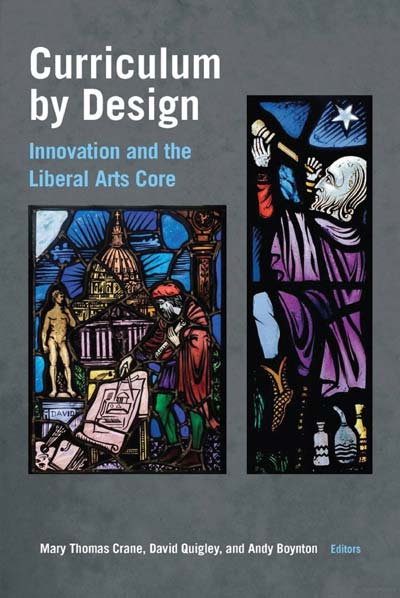
To break the logjam, the University made a surprising decision: At the suggestion of Carroll School of Management Powers Family Dean Andrew Boynton, BC turned to Continuum, a consulting firm, to assist with the updates to the Core. The company met with Core Renewal Committee members and key administrators, held interviews with faculty, students, and alumni, and researched best practices at peer institutions to arrive at a vision for the Core.
BC’s journey to a new Core Curriculum and the ways it energized faculty, administrators, and students to view liberal arts education as an ongoing process of innovation form the basis of a new book, Curriculum by Design: Innovation and the Liberal Arts Core. Edited by the cochairs of the Core Renewal Committee—Boynton, Provost and Dean of Faculties David Quigley, and Rattigan Professor of English Mary Crane, who is director of BC’s Institute for the Liberal Arts—the book features essays by BC faculty about the new courses they’re teaching from the revitalized curriculum.
“A decade into the work of Core renewal, I’m more convinced than ever that the work of curricular revision is the most important work that we are called to do as college faculty and academic administrators,” Quigley said. “It remains very gratifying to see the ways in which hundreds of colleagues have, through their own work and commitment, brought the renewed Core to life. The engagement of University faculty, across fields, generations, and schools, has been perhaps the most inspiring outcome.” 

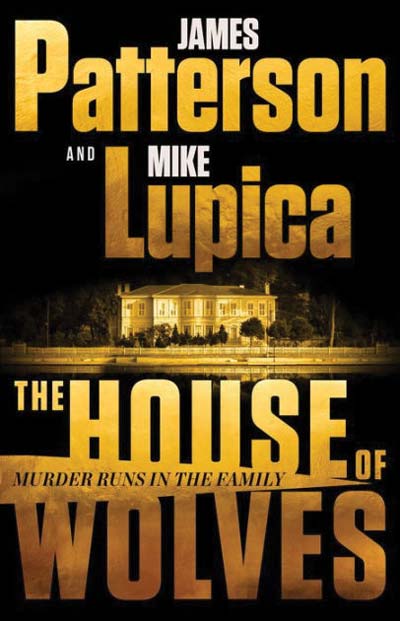
The House of Wolves
by Mike Lupica ’74 and James Patterson
In this thriller by acclaimed sportswriter Lupica and bestselling author Patterson, protagonist Jenny Wolf, a thirty-something former high school teacher, finds herself in charge of a billion-dollar empire following her father’s murder. Suddenly, Wolf is the head of an esteemed San Francisco newspaper and running a professional football team—two leadership roles that land her squarely in the crosshairs of her powerful and cutthroat family.
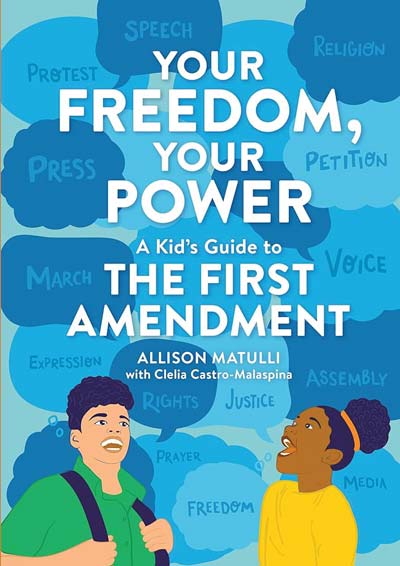
Your Freedom, Your Power: A Kid’s Guide to the First Amendment
by Clelia Castro-Malaspina ’05 and Allison Matulli
Castro-Malaspina and Matulli, who are former attorneys, educate young readers on the significance of their First Amendment rights—including freedom of the press, religion, and speech. In addition to its overview of fundamental legal concepts, the book highlights key legal cases and social movements that have affected children’s lives throughout history to give them a real-world grounding in the amendment’s impact.
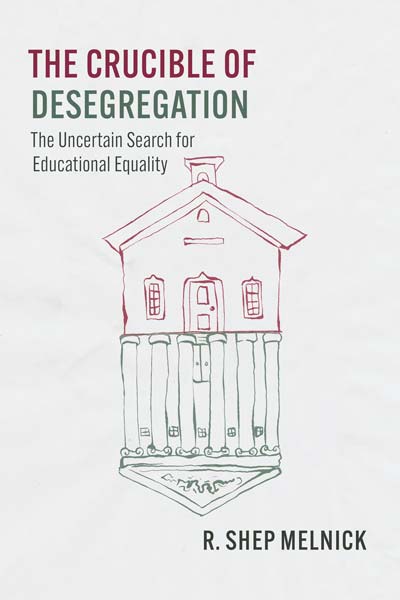
The Crucible of Desegregation: The Uncertain Search for Educational Equality
by BC Professor R. Shep Melnick
Most Americans are familiar with the landmark Supreme Court decision Brown v. Board of Education, which overturned the “separate but equal” doctrine and led to the desegregation of public schools in the country. But ambiguities remain around the legal definition of desegregation, and Melnick chronicles the progression of federal school desegregation law over the last seven decades, as well as the battles still being fought over it today.
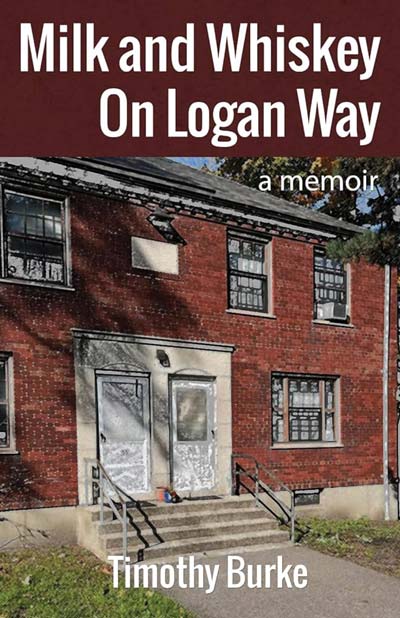
Milk and Whiskey On Logan Way
by Timothy Burke ’96
Burke, a BC School of Social Work graduate, shares his difficult story of growing up in a South Boston housing project, the son of a firefighter whose alcoholism destroyed his own life and robbed Burke of his childhood. The memoir chronicles Burke’s own alcoholism, his quest for sobriety, and an eventual recovery that inspired his work as a clinical social worker specializing in addiction treatment and counseling.


Illustration: Joel Kimmel
WHAT I'M READING
Where Good Ideas Come From
by Steven Johnson
Innovation and learning are never-ending life processes, as are change and adaptation. We must identify how to get the best out of learning opportunities if we aim to innovate in life. Where Good Ideas Come From describes the process of innovation, the learning processes intertwined in it, and the social interactions required for it. It’s an excellent read to spark thinking and awareness in search of opportunities to improve in any area of life.
—Alejandro Olayo-Méndez, SJ, Assistant Professor, School of Social Work